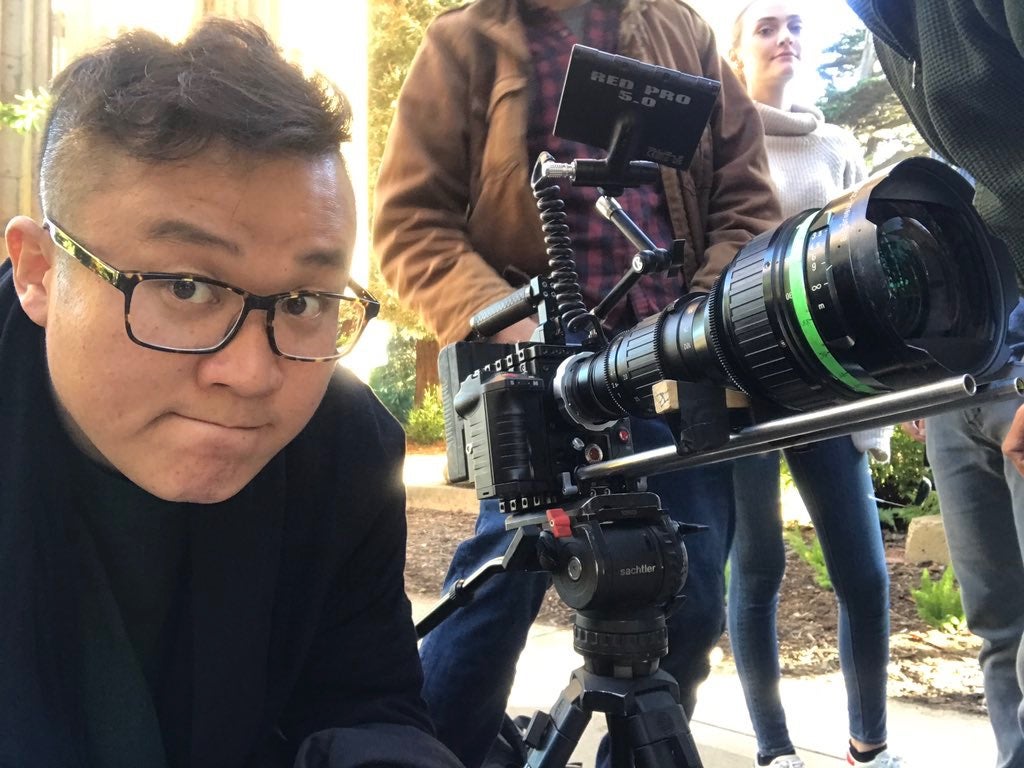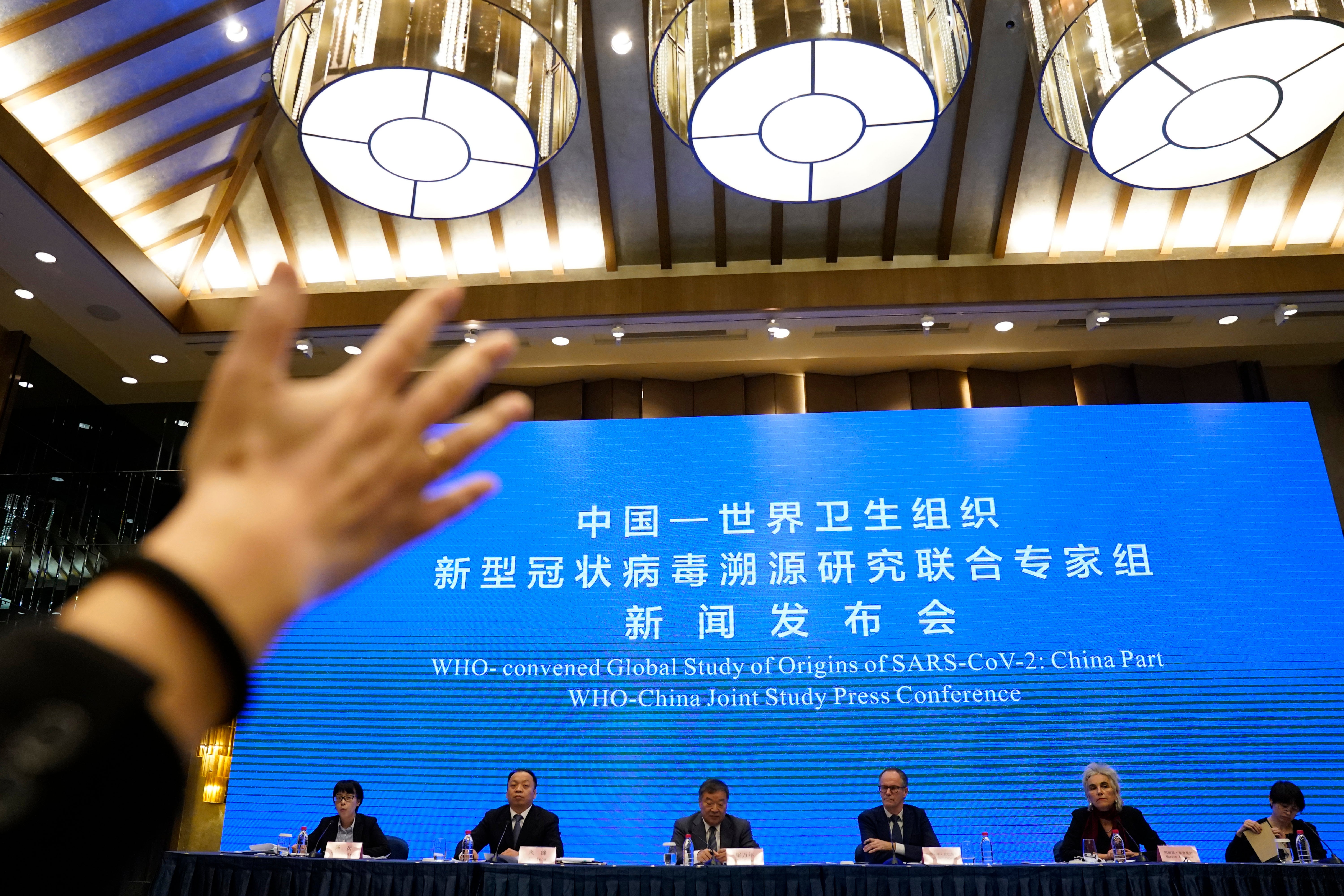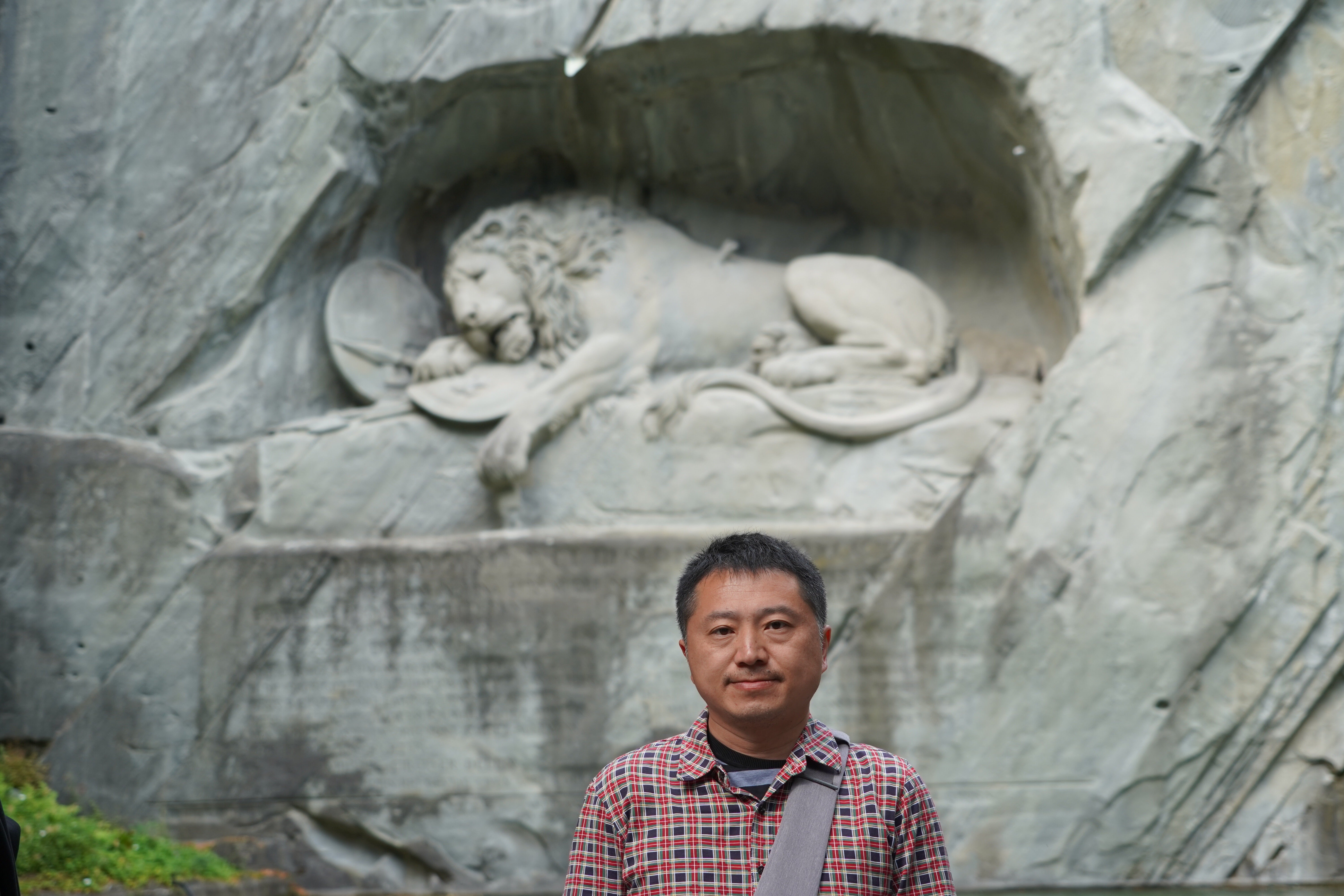A great leap backwards for China’s journalists
Controls on journalism have become stricter in recent years, placing even greater stress on frontline reporters, reports Michael Conway

“I don’t like or get used to life under lies,” says Liu Hu.
For almost 20 years, the Chinese investigative journalist has sought to expose corruption and wrongdoing.
His work, which has involved putting the spotlight on the corrupt practices of local officials, embodies what (at its best) journalism can achieve.
But Liu is not an example of how independent journalism is thriving in China; rather, his story is one of many that offers insight into how quickly the parameters of the trade are closing in on the country’s inquisitive, curious and bold reporters.
In 2013, Liu was detained and accused of spreading defamatory information after publishing allegations against a local party member.
A year of incarceration and interrogation in Beijing by authorities followed, but Liu refused to admit any wrongdoing. After a court ruled there wasn’t enough evidence against him, he was eventually released.
After resigning from the Yangtze River Commercial Daily in 2015, Liu saw his own freelance journalism projects curbed. Several of his social media accounts were shut down after his articles were uploaded.
“The Central Office of the Cyberspace Administration does not allow some websites to publish articles signed by me, and I have to use a pseudonym to publish them,” he says.
“The websites that publish original reports continue to be cleaned up, and original investigation reports disappear from these websites.”
Liu sees restrictions that aren’t just imposed on independent journalists like himself, but on the entire industry.
“Chinese journalists are asked not to pay attention to scandals regarding high-level officials, the military, Xinjiang, Tibet and other areas and fields.
“After the new leadership came to power, the control became more and more strict, and even low-level officials could not report, except to praise the party.”

The Chongqing-based journalist is troubled by the unshakable obedience to the CCP being instilled into the younger generations in China.
“Indoctrination is organised and systematic. From kindergarten to elementary school, the party has taught children to love the motherland, and the love of the Communist Party and of the motherland are compared.”
Covid-19 continues to be the largest news story in the world but Liu calls it a “very dangerous” pursuit, as some of his fellow journalists have already been detained for reporting in the city of Wuhan.
“Journalists in the official media system cannot publicly disclose such news that is not conducive to the government… I believe that if I go to Wuhan to spread the information about the epidemic area on the spot, I will also be detained.”
The experience of Jiang Xue validated Liu’s concerns when she found herself at odds with the authorities in May, after posting a critical article about China’s ‘National Mourning Day’ for the victims of Covid-19.
Titled: ‘On National Mourning Day, I Refused to Join the Arranged Chorus’, the Xi’an based journalist’s essay questioned the sincerity of the party’s call to remember the citizens who died during the pandemic.
The article referred to other instances when Chinese media were prevented from reporting details of citizens’ deaths.
Jiang’s story was posted online on 4 April 2020, and on 18 May she was contacted by the authorities. Initial reports suggested she had been arrested, but the journalist since confirmed that wasn’t the case. “I was not arrested by the authorities; I was ‘orally summoned’ from the house to the police station to answer their questions. Four policemen came to my door and took me away,” says Jiang.
“My article mainly expresses a kind of sad mourning and raises questions about what caused the spread of the epidemic. I think the country should allow everyone to express their concerns about the epidemic freely, rather than mourning on specific days.
“The epidemic was a huge disaster and crisis, but unfortunately, in China, investigative reporters rarely have the opportunity to do investigation reports.”
Jiang had previously worked at the Chinese Business View as its opinion page editor, but she resigned in 2014 after seeing her department give in to what she says was censorship.
With a small income and an ever-shrinking platform, Jiang struggles to continue producing the journalism she is known for.
“In mainland China, I have almost no platform for publishing works. WeChat’s review is very strict, not only for reviewing articles, but also for reviewing personal speech.”
Ji Xuguang, a Chinese journalist who now lives in the USA, believes that President Xi Jinping’s leadership was the beginning of the stricter, less tolerant media landscape.
“Although the news censorship system has always existed, during the Hu Jintao period Chinese investigative reporters were still allowed to report, but since the change of national leader, this has become impossible,” says Ji.
“They no longer want to hear criticism, they just want one voice: ‘China is strong and its leaders are correct.’”
Ji was a reporter for Yangcheng Evening News and then the Southern Metropolis Daily. His investigations often uncovered stories relating to party officials.
However, Ji discovered his limits in 2011. After exposing a Luoyang official as an abductor and murderer of women, Ji was confronted by two men who wouldn’t identify themselves – they interrogated him and accused him of exposing state secrets.

“My wife was being followed. We didn’t know who the trackers were, then my friend told me that the officials I exposed were investigating me secretly”.
After observing that the environment for journalists in China was changing for the worse, Ji was given a Green Card for residency in the US. Despite warning that the situation is more perilous than ever, Ji believes it’s safer for fellow journalists, Liu Hu and Jiang Xue, to continue writing and speaking out.
“Staying away from work will not bring them safety. In China, if you want to be safe the only way is to show yourself to the public, stay high profile. Otherwise, when you are deemed no longer important, the authorities can hurt you at any time.
“When you are in darkness, please try to put yourself under the sun, even if there is only a little light.”



Join our commenting forum
Join thought-provoking conversations, follow other Independent readers and see their replies
Comments